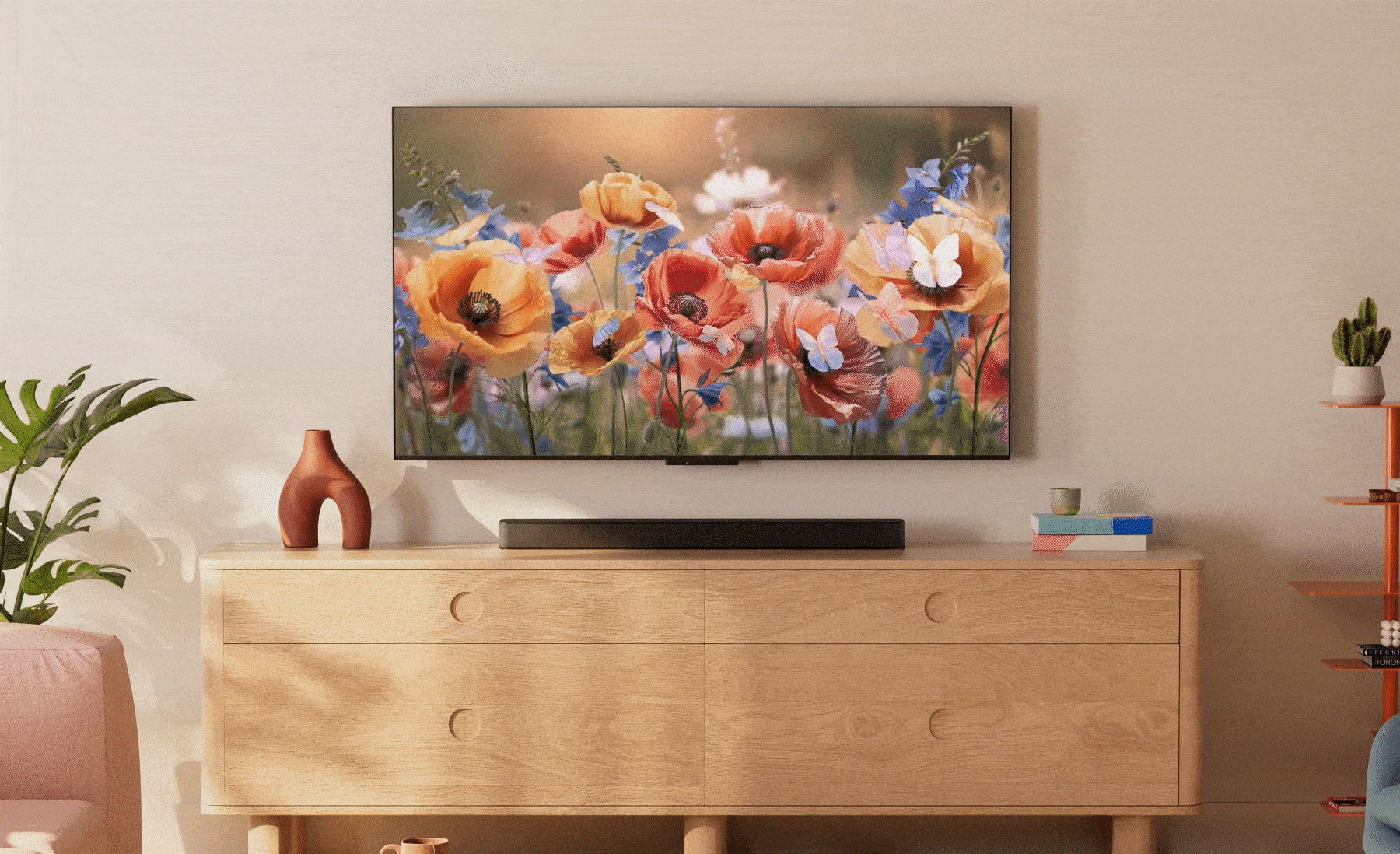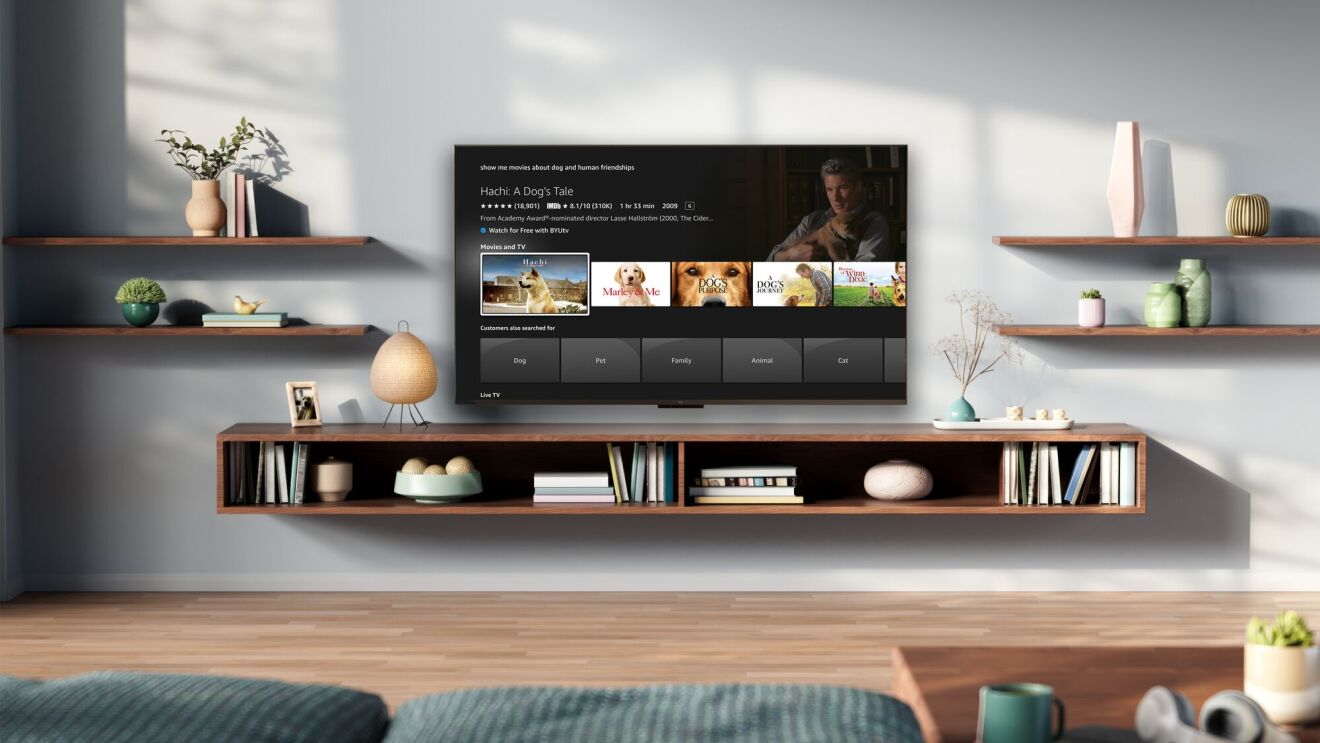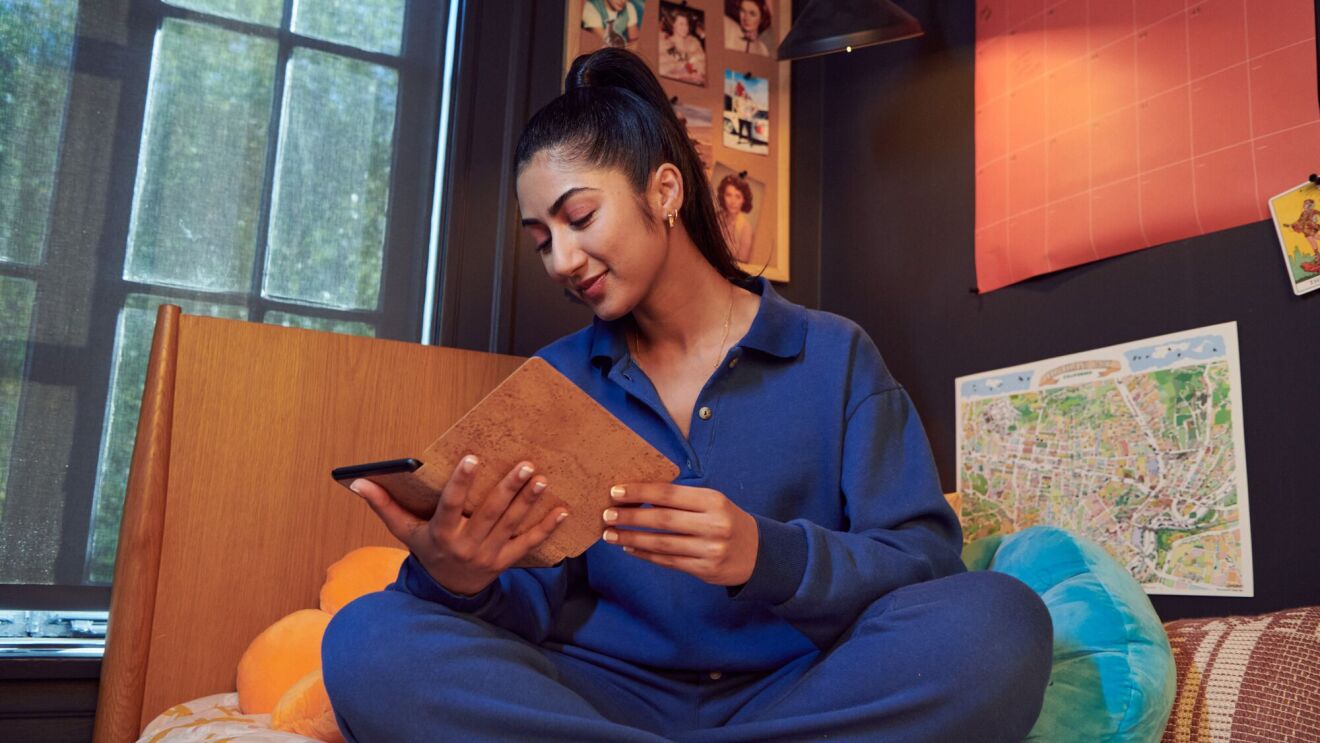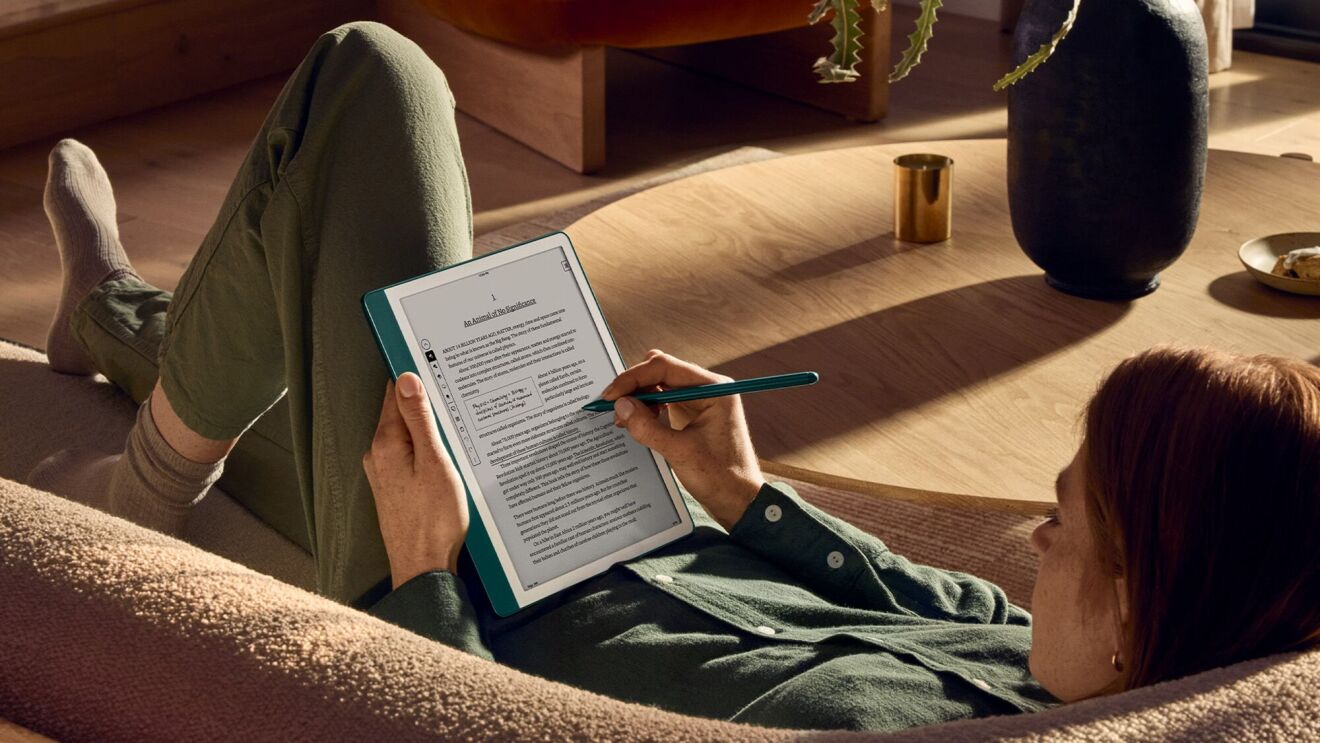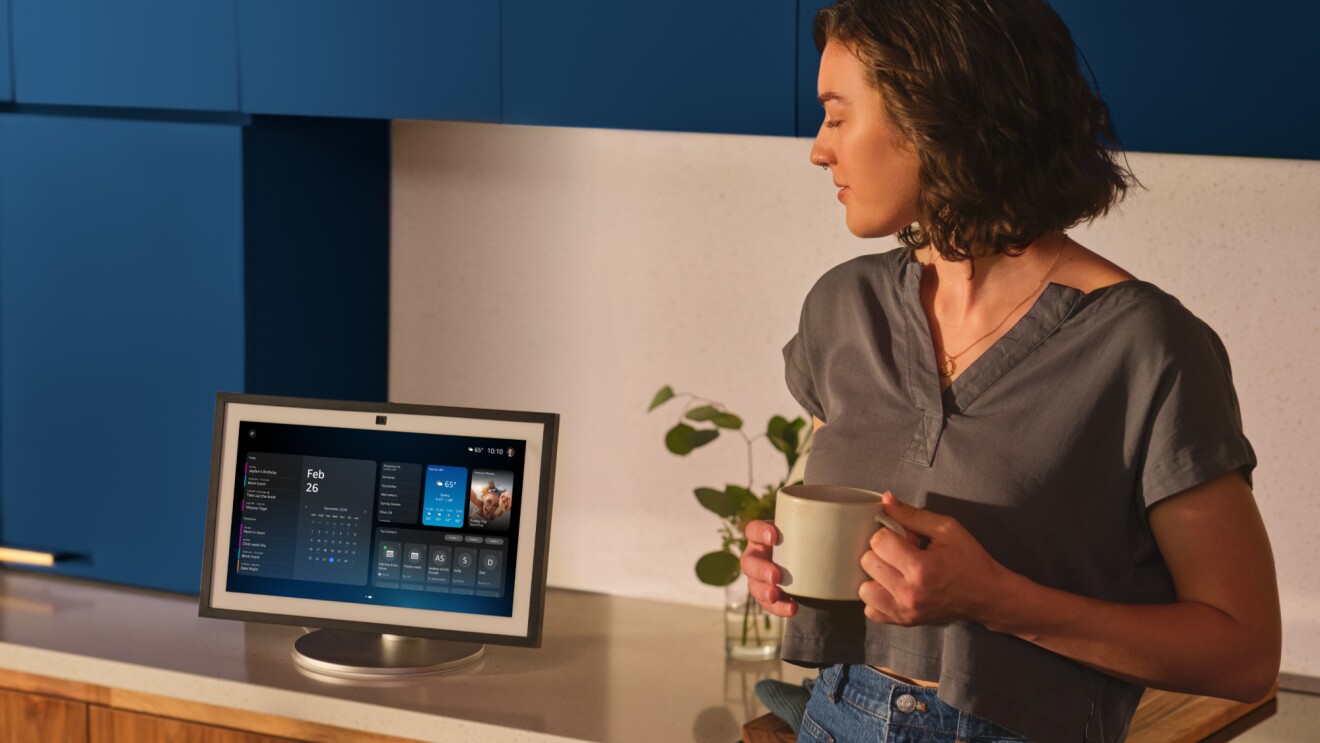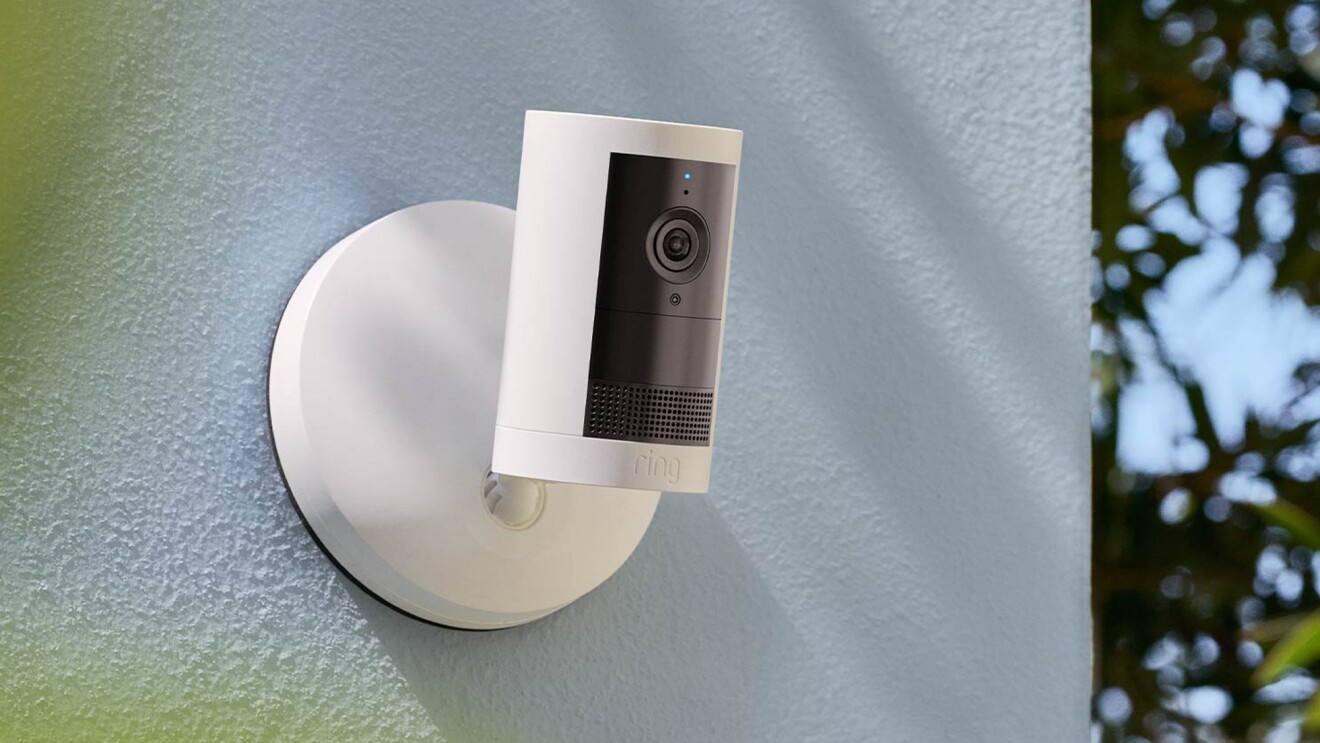Decoding the mysteries of sleep was always Dr. Brandon Peters’s dream job. A neurologist by training, he was first drawn into the field two decades ago, when he helped his father get treatment for sleep apnea. “He was the first person I diagnosed,” Dr. Peters said “I got him treated and noticed how much it really transformed his life.” His father ceased snoring and stopped falling asleep during the day. “He could go to a play or see a movie and stay awake,” he says.
Dr. Peters, a Stanford-trained sleep medicine physician who has practiced in hospitals around the U.S. and has written more than 1,000 articles about the subject, now helps patients suffering from sleep apnea, insomnia, narcolepsy, and other sleep disorders. He lives in Seattle, which is also the home of another innovator keen on helping people get a good night’s sleep: Amazon.
At the annual Devices & Services Fall Launch event, Amazon unveiled a new device called Halo Rise, which is designed to help customers analyze and improve their sleep. Fitting snugly on the nightstand, Halo Rise is a first-of-its-kind contactless sleep tracker powered by the latest low-energy sensor technology and advanced machine learning.
“That customer centricity with Halo Rise has really been about doubling down on the fact that customers want to purchase wellness devices that they can trust. The information you’re getting from it is rigorous. It’s meaningful. It really can help you improve your sleep.”
Dr. Vin Gupta, chief medical officer at Amazon Devices & Services
Halo Rise comes complete with a smart alarm built to lift you out of sleep at the ideal time for waking up and a wake-up light. The LED light can simulate the subtle darkening or brightening of the sun to ease users to bed and help them rise feeling refreshed. Halo Rise also includes sleep and environmental sensors that give customers insights into their sleep quality, helping them deduce actions like lowering the room temperature, drawing the shades, or reducing light levels to improve sleep.
“Like diet and exercise, sleep is a cornerstone of people’s wellness and overall health, and too many people struggle with it,” said Dr. Vin Gupta, chief medical officer at Amazon Devices & Services, the business unit that developed Halo Rise. “The issue here is that for something that is so common, we don't have great solutions at scale.”
Good sleep doesn’t need to be just a dream
Dr. Gupta is part of a large Amazon team that spent the last few years building Halo Rise. That group also includes Dr. Peters, who helped steer the development of the device’s sleep tracking algorithm powered by machine learning. Dr. Peters said most adults need at least 7-9 hours of sleep. And if we don't get proper sleep, “we don't have good insight into our own deficits,” he said. “We wouldn't recognize that we're moodier or that we're making more mistakes at work or that we're not thinking as clearly. But once we recover, once we get adequate sleep—more hours or better quality—we’re much sharper, we can think more clearly. We might even see an improvement in our mood.”
Dr. Gupta said that Amazon worked with partners like Dr. Peters because it wanted to create “a wellness device that people can trust, that has evidence behind it, and that the medical community could embrace so we can really start to move the needle here on what digital health means for people within their homes.” He said that Amazon is working with additional third-party sleep scientists to validate the accuracy of Halo Rise even further.
Dr. Gupta also said that the pandemic increased peoples’ attention toward their health. “All of this has upped the ante for us to put products out there that meet the pressing needs of customers. It’s so important that the information Halo Rise provides really means something to customers, and I think it does. They can trust that the information they get in the app in the morning is easy to understand, and it's actionable,” Dr. Gupta said.
“Set it and forget it”
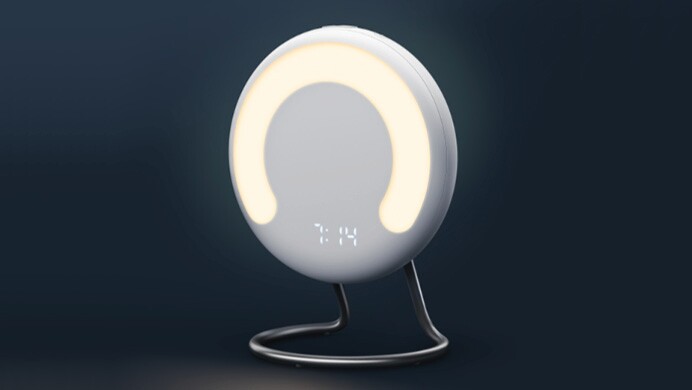
The Amazon team designed Halo Rise with robust accuracy and sleep insights because they wanted customers to meaningfully engage with their sleep data. “We want Halo Rise to both empower the customer to improve their sleep performance, while also being a real ambient product that intelligently works in the background,” said Cody Gordh, product lead of the team that built the device. “If we can make our customers’ lives easier and help them improve their sleep, all without requiring a lot of thinking or hands-on interaction, then we believe the potential of Halo Rise is boundless,” he said. “There’s something so magical about the ‘set it and forget it’ experience with Halo Rise, where all you need to do is go to bed and wake up. It all works automatically.”
The hands-off nature of the device points to a concept Amazon calls ambient intelligence, the idea that digital systems, services, and devices can work together in the background on our behalf, helping us create a world that can foresee our needs so we can focus on the things that matter to us. Halo Rise does this work in a few ways.
For starters, it’s contactless. “This empowers customers to track their breathing and movement patterns without needing to wear anything on the body, like a wristband or watch,” said Chirag Bhavsar, a senior manager of wireless technology in the Amazon Devices & Services group. By using low-energy sensor technology and a sleep tracking algorithm trained and validated against overnight polysomnography, the clinical gold standard for sleep analysis, Halo Rise automatically gives you detailed and accurate sleep information, even if your partner (or pet) gets into bed first.
Where other contactless sleep trackers require nightly setup, Halo Rise features another innovation called primary-user tracking. That means the device automatically tracks the primary user, which is the person nearest to the device, with no user configuration required. So if the primary user slips into bed after their partner has gone to sleep, the sleep algorithm detects that and adjusts the sleep results accordingly. Gordh said that ensuring Halo Rise only collects the primary user’s data presented some especially tough machine learning challenges. But considering the premium that Amazon places on privacy—“it was a central tenet of everything we did with this product,” Gordh said—they were important challenges that Gordh and the team worked tirelessly to solve.
Primary-user tracking is just one of the many privacy features baked into Halo Rise. The device has no microphone or camera, and its buttons can be used not only to control the light and smart alarm, but also to manually turn off sleep tracking with one long press. Additionally, “we really leaned into putting customers in control of their data,” said Gordh. That means the device doesn’t collect any information it doesn’t need to help improve your sleep, and customers can download or delete their Halo health data, including their sleep data, any time directly from the Halo app.
Halo Rise can be more than a sleep tracker
The device’s privacy-focused, contactless sleep tracking allows you to improve your sleep with no interruption to your nighttime or morning routines. In fact, Halo Rise not only doesn’t get in the way of your routines, it can also help make them more personalized.
Using background research from Dr. Peters, the Halo team built a smart alarm and wake-up light to help you start your day feeling refreshed. The light simulates the colors and illumination of the sunrise. The alarm, on the other hand, works in concert with the device’s sleep algorithm, which monitors your sleep stages and signals to the alarm when it’s the ideal time to wake you within a set window. It’s something that Dr. Peters said is “really pushing the science forward.”
But the smart alarm and wake-up light aren’t the only ways the device can make your sleep experience more personalized. Halo Rise works even better with Alexa. If it’s connected to a compatible Echo device, you can sync your Halo Rise smart alarm so you can be woken up by your favorite song, or combine the device with other smart lights that can be controlled using just your voice. You can also use the device as part of a personalized Alexa Routine. For instance, when you get into bed, Alexa can automatically dim the lights in the bedroom, turn off the TV, and start a relaxing meditation.
The smart alarm, wake-up light, and seamless Alexa integration help you create a smarter, more personalized sleep experience, making Halo Rise so much more than just a sleep tracker.
But that doesn’t mean that it doesn’t stand out, first and foremost, for its meaningful presentation of accurate, contactless sleep data.
“Especially in the competitive landscape of sleep trackers, I would say Amazon has exercised a lot of patience in really thinking about how we can add value for the customer,” Dr. Gupta said. “That customer centricity with Halo Rise has really been about doubling down on the fact that customers want to purchase wellness devices that they can trust. The information you’re getting from it is rigorous. It’s meaningful. It really can help you improve your sleep.”
Learn more about the new devices announced during the annual Devices & Services Fall Launch event.



